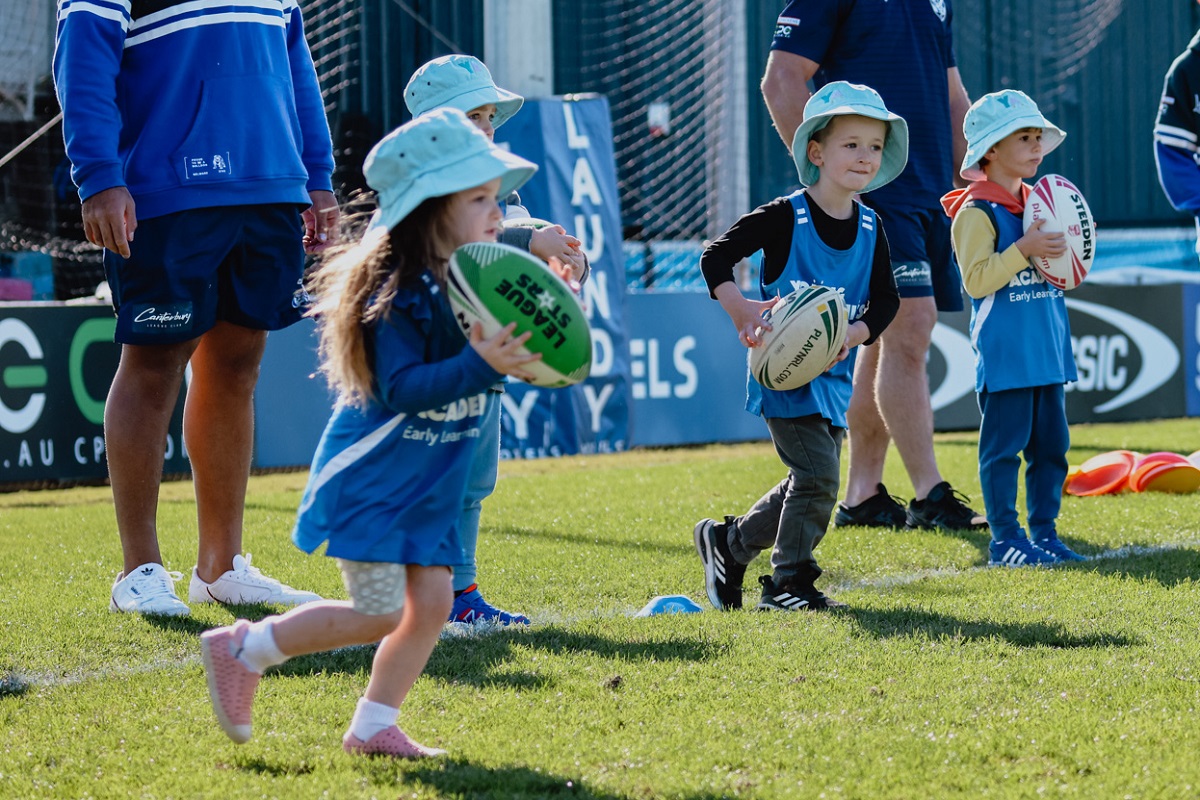In childcare settings, teaching road safety is a critical aspect of ensuring the well-being of children in care. As educators, we play a vital role in instilling lifelong habits that will keep children safe when navigating the streets.
Incorporate Road Safety into Daily Routines
Make road safety a part of your daily routine. Discuss and practice safety measures during circle time, emphasising the importance of looking both ways before crossing the street and using designated crosswalks.
Interactive Storytelling
Engage children with interactive storytelling that revolves around road safety. Use props, pictures, or simple drawings to create stories that feature characters making safe choices when walking near roads. Encourage participation and ask questions to reinforce key concepts.
Create a Miniature Road Environment
Set up a miniature road environment within the childcare facility. Use mats or tape to create roads, pedestrian crossings, and intersections. Allow children to use toy cars and pedestrians to act out safe road scenarios, reinforcing STOP, LOOK, LISTEN and THINK or other safety principles.
Pedestrian Safety Parades
Organise pedestrian safety parades within the centre. Children can decorate small cars or use toy vehicles to simulate a parade, practicing stopping at intersections, waiting for signals, and crossing the “streets” safely. This hands-on activity makes learning fun and engaging.
Safety Sign Recognition
Introduce children to basic safety signs commonly found on roads. Create flashcards or visual aids featuring stop signs, pedestrian crossing signs, and traffic lights. Teach the meanings of each sign and encourage children to recognise them.
Use Technology
Incorporate age-appropriate road safety apps or videos into the childcare curriculum. Interactive apps can provide a playful way for children to learn about traffic rules, while educational videos can reinforce key safety concepts in an engaging manner.
Role-Playing Scenarios
Foster a deeper understanding of road safety by engaging in role-playing scenarios. Allow children to take on the roles of pedestrians, drivers, and traffic signal operators. This interactive approach encourages teamwork and reinforces safe behaviours.
Invite Community Helpers
Arrange for visits from local community helpers, such as local police officers or crossing guards, who can share insights on road safety. These real-life role models can make a lasting impression on children and reinforce the importance of following safety rules.
Parent-Educator Collaboration
Foster collaboration with parents by sharing road safety tips and activities. Encourage parents to discuss road safety at home and reinforce the concepts learned in childcare. Consistency between home and childcare settings is key to solidifying safe habits.
Teaching road safety in childcare settings is not only a responsibility but an opportunity to empower children with essential life skills. By integrating engaging activities, interactive learning, and collaboration with parents, educators can lay the foundation for a generation of confident and cautious pedestrians. These little steps ensure that every child in care is well-equipped to navigate the roads securely.







